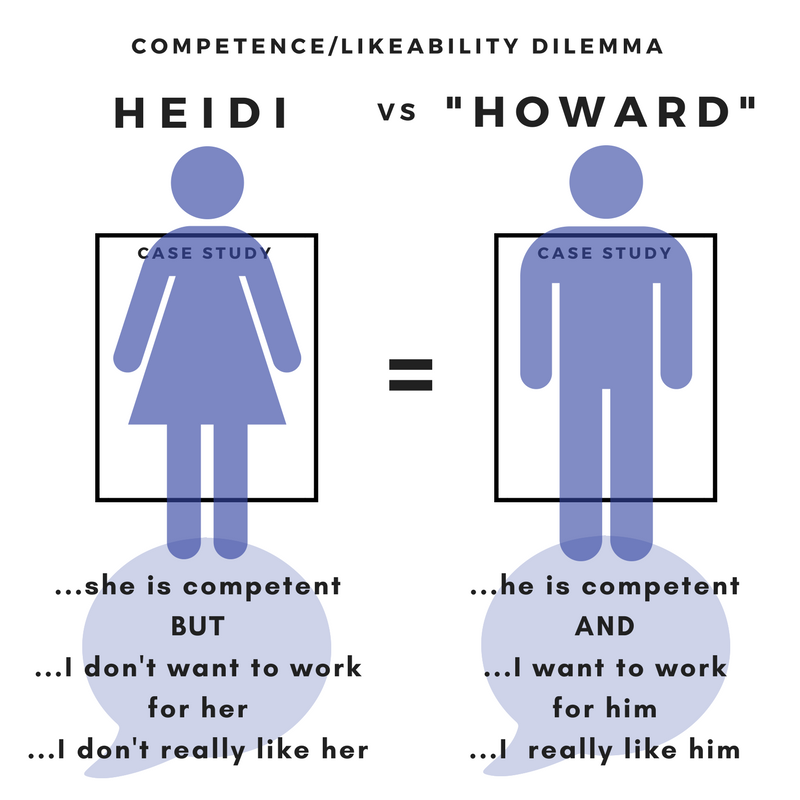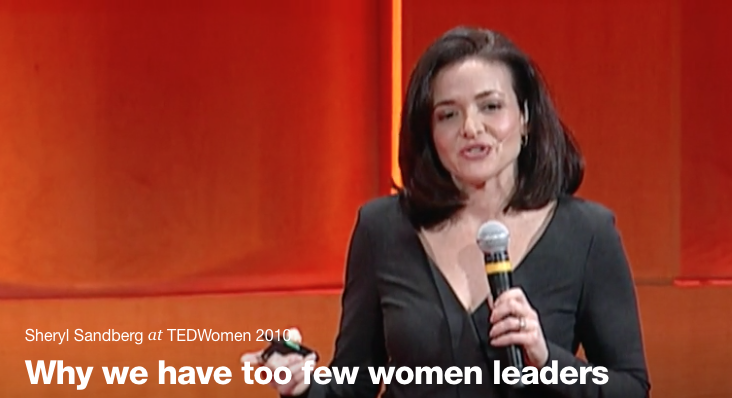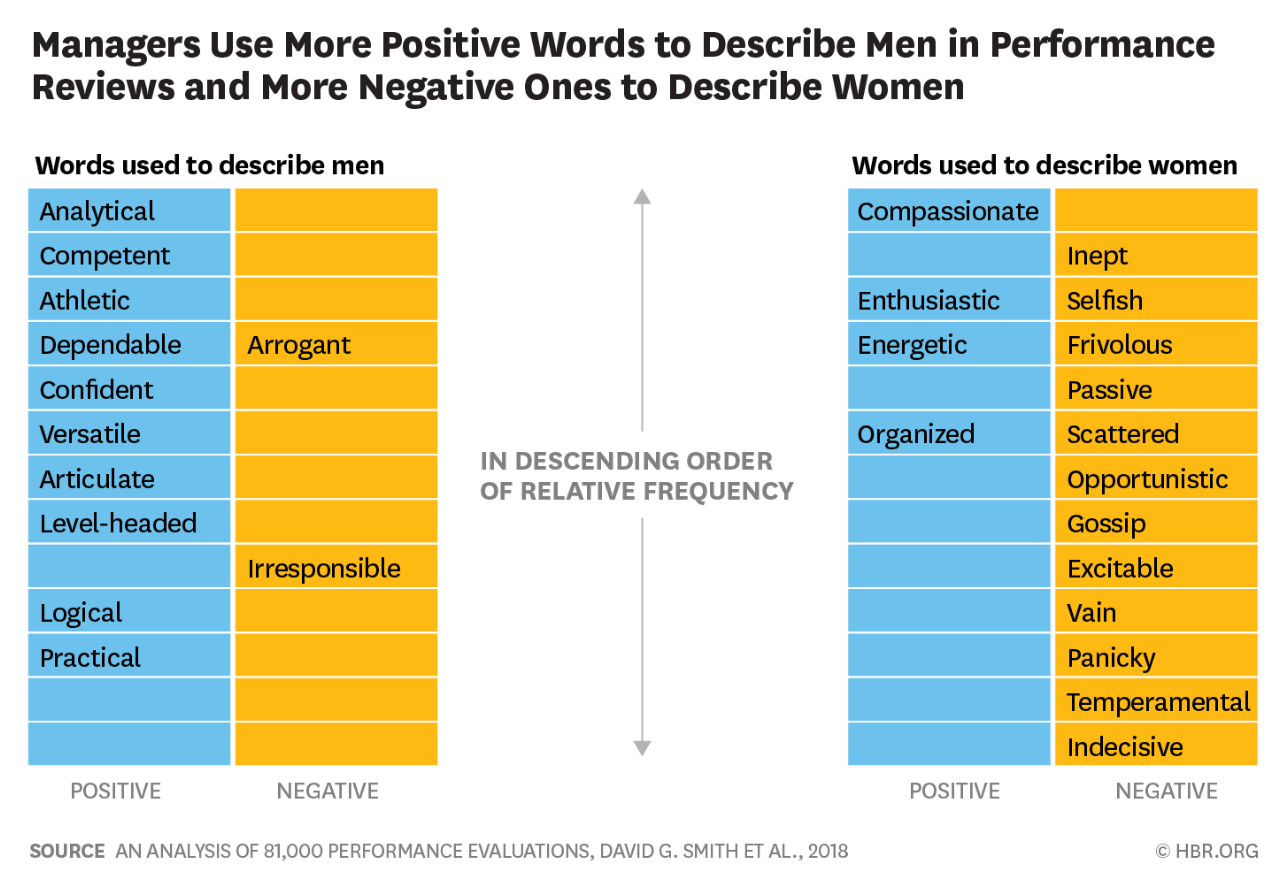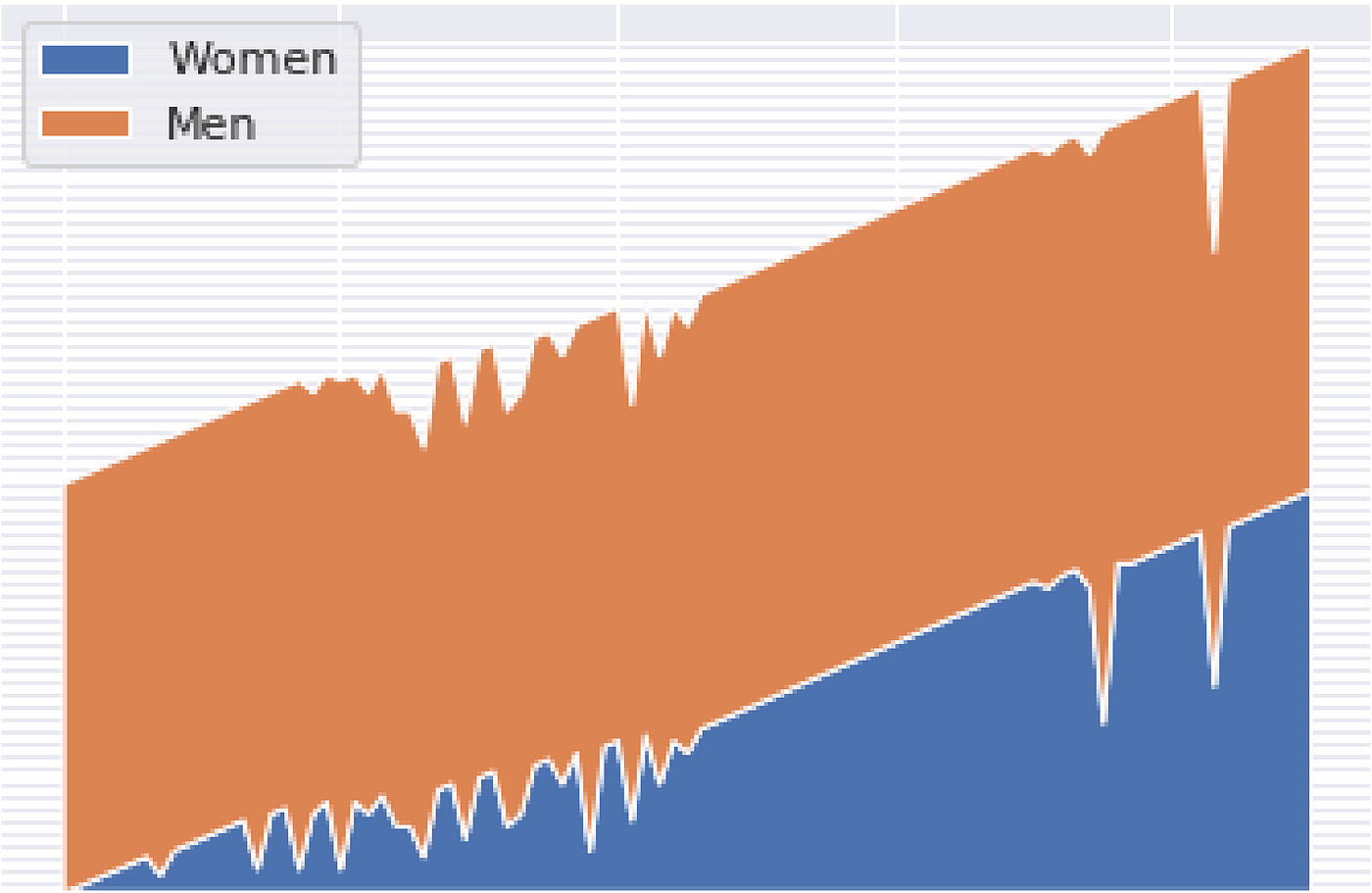Heidi Vs Howard (Perception Can Have a Powerful Impact on How We Think and Act)
How is Heidi unlike from Howard?
![]()

If yous ask me what is the all-time book that I accept read and so far, I would undoubtedly say "Lean In by Sheryl Sandberg". Such a brave book to write. Honest, smart and funny!
My jaws dropped all the fourth dimension when I had the volume in my hands. I could chronicle to almost of the situations she mentioned in the chapters, and I totally agree with her and I totally disagree with the bias, the state of affairs consisted of.
Surprisingly, I endure e d well-nigh of those unconscious biases she mentioned, but never realised it and then! Even though I strongly disagree with them. It felt very normal then, but at present I realised how well the gender bias is securely rooted in our arrangement.
I learnt most a case study in the book which was done by Harvard Business organization school. Information technology is the Heidi Roizen Case study. If you lot are not aware of information technology, I'll give you a quick brief about the study.
In a Harvard class, students were split into two groups. Both the groups were given an identical case study almost a existent life entrepreneur. The study described how this person became a successful venture capitalist by using their personality and skillful networking skills.
Both the groups were given identical text, except for the proper noun change. One group read about an entrepreneur named Heidi and the other read nigh an entrepreneur named Howard. Later on both the groups were asked about how they felt nearly the entrepreneur'south personality.
The results were shocking. Both the groups thought Heidi and Howard were equally competent, but Howard was considered as a more likeable colleague than Heidi. She was considered as selfish and not the type of person yous would desire to hire or work for.
The text was identical, simply why were the results different? The only deviation was the name. Gender!
Sheryl mentioned in her book and likewise in her TED talk that…
Success and Likability are positively correlated for men and negatively correlated for women. When a man is successful, he is liked by both men and women. When a woman is successful, people of both genders like her less.
If you are a woman and reading this, do you hold with her?

Sheryl in her book mainly focuses on "Why we have too few women leaders".
Why do y'all think so? Information technology is not that women are less capable or competent, but due to the external factors/pressure that women undergo which men don't.
I read an article few days ago which was published in Harvard Business review. The championship stated "The Different Words Nosotros Use to Describe Male and Female Leaders". The research studied a dataset which consisted of the language used to describe individuals based on their functioning evaluations. And they constitute out that linguistic communication in functioning evaluations is differently applied to describe men and women. They analysed a huge armed services dataset, that included a list of 89 positive and negative leadership attributes that were used to assess leader performance in a military.
In their analysis, they constitute no gender differences in objective measures , but the subjective evaluations findings were interesting!

Even though the objective measures were like, women were assigned significantly more negative attributes and less positive attributes.
Permit's talk nigh the positives! Analytical and Compassionate.
Men are assigned the aspect "Analytical" which generally resonates well with organisational standpoint, to interpret, to strategise,… While on the other side, "Compassionate" is more relationship oriented, more than positive, culture,… Now, Who would you like to hire?
If a woman leader works her best and tries to be analytical, people consider her to be "Snobby". But if a human being is compassionate, he is called "Sugariness". Irony!
This reminds me of my virtually favorite Alicia Central'due south vocal "Underdog". "On the run from a country where they put you in prison, for being a woman and speaking your heed…"
Interestingly, I establish a dataset (Time Mag Covers), which collected bones metadata of the people featured on Time. Contributors were shown images of Time Magazine covers since 1923 and asked to classify if the person was male or female.

I tried to plot a graph to come across how much of equality nosotros achieved. And I went Alas!
86% of the times, Time magazine embrace featured a man. That is over 90 years and over 3200 magazine issues. Men rained a lot in the early years.
About of the datasets that we take are biased in some or the other fashion. Remember of the amplifying effect the machine learning algorithm can accept during training. If an image is prepare to associate with women for cooking, the model trained past studying those images and their labels create even more stronger association. Sometimes, it can even label a cooking image to a woman fifty-fifty though information technology is a man in the image. In this study, people were pictured in kitchens and the researcher'southward paper includes an paradigm of a man mapped as woman.
Such unbalanced datasets can amplify other biases as well, such equally race. For example, Google photos labelled black people every bit gorillas. And equally an firsthand solution they removed the word gorilla, chimpanzee and monkey! Now how volition the machine learning software know what a gorilla is?
We train the intelligent machines with such unbalanced and bias filled data, that is what the machine learns and implements. Only at the same time, the real statistics must as well be taught to the machine. What exercise you consider as a improve approach?
- Teach the auto with no biases. (Essential data might be at risk, datasets must reverberate the stats of the world)
- Teach the machine with bias and correct it afterward. (What if the bad has already happened by and so?)
Source: https://medium.com/@saiyana763/why-is-heidi-different-from-howard-a4da677c8a77
0 Response to "Heidi Vs Howard (Perception Can Have a Powerful Impact on How We Think and Act)"
Post a Comment